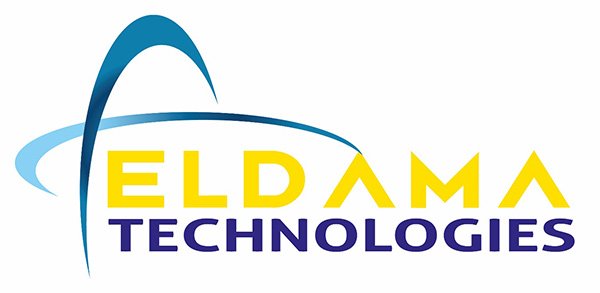
You do it every day! Its rotary, you're obsessive, even doing the one-eyed check in the middle of the night. And that is part of the problem, we can't live without emails-they link us to the outside world, connect us with business partners across the globe while also keeping us in touch with our dearest friends. In fact, according to a 2017 Adobe email survey, on average we spend 5.4 hours checking our emails.
One would think that as much time we spend reading emails, some of which are sensitive and important, we would do a better job of protecting our precious, virtual cargo.
Yet, according to a 2019 report by Mimecast, the foremost email security firm, analysis of cyber attacks suggest that 91 percent of all cyber attacks start with an email. This can be especially devastating for businesses as financial losses; data breaches and reputational damage are just some of the fallout of viruses like Petya and WannaCry.
WannaCry, which affected numerous organizations, spread to 150 countries and is estimated to have cost the global economy US$8bn.
Petya caused problems with some of the world's largest organizations, including Equifax, the credit monitoring and rating company in the U.S.
This keeps happening because, while technical solutions are available to curtail phishing attacks and other attempted hacks, they are complex and opaque, which means most companies have challenges implementing them fully.
Given that most hacks into a company originate from an email, three key areas are the primary attack vectors of an attempted hack. Companies like Mimecast have provided easy, implementable solutions for these issues.
For example: for every website link that is received on an email, it is vetted then rewritten by Mimecast software. So when an email user clicks on the link, that link will circle back to Mimecast who will then go to the original website link and validate it in real time. Once it establishes the webpage is safe, it will then redirect the user to the website. Essentially, acting as a bulletproof vest for your emails.
Another example of Mimecast usability is attachment protection. Incoming attachments are analyzed to determine in real-time if the attachment is malicious. Once that is verified, the attachment is then released and arrives with the email as usual. An efficient email system checks the attachments and will strip them out if it finds malicious code and will notify the user. In some cases, it can give the user an option to present the attachment as a PDF, which will be a safe file, and a user has the opportunity to request the original attachment.
The final example is Mimecasts ability to combat impersonation attacks. By going through various checks, Mimecast will pick out impersonation attacks and protect email users from being duped into carrying out tasks that are fraudulent.
As a 20 year expert in the IT field and if your emails are as important to you as mine are to me, I suggest you get Mimecast email security solutions.
Jonathan Somen is the CEO of Eldama Technologies in Nairobi, Kenya. As one of the key Mimecast partners in Kenya, they can help protect your companies info just like Mimecast has protected hundreds of others globally.
For more info about Eldama you can
Like us on Facebook: https://www.facebook.com/eldamakenya/
Read more about all of services on LinkedIn: https://www.linkedin.com/company/eldama-technologies-ltd/
Call 020 365300
or email Jonathan directly at
[email protected]


Congratulations @confidence! You received a personal award!
You can view your badges on your Steem Board and compare to others on the Steem Ranking
Vote for @Steemitboard as a witness to get one more award and increased upvotes!